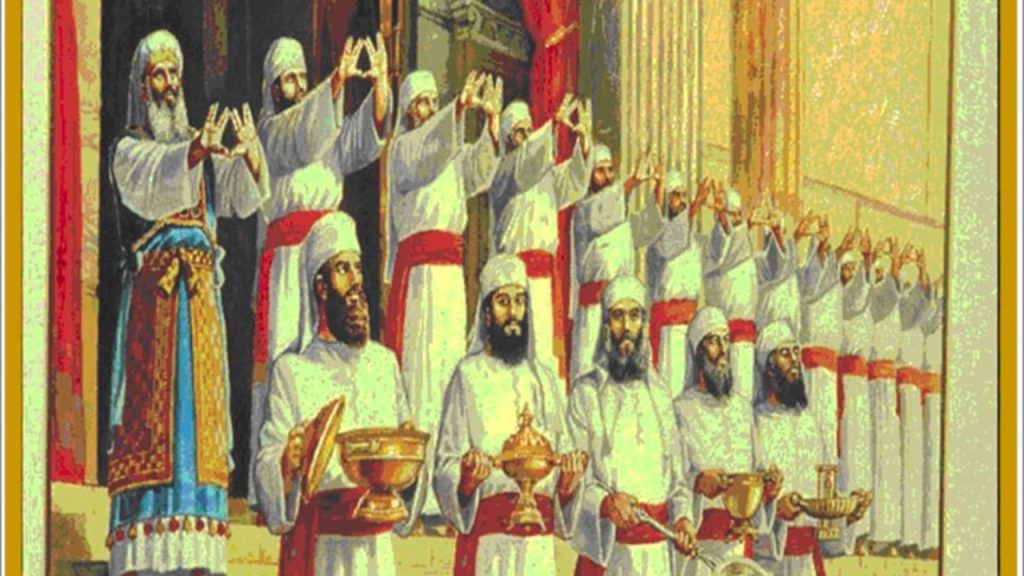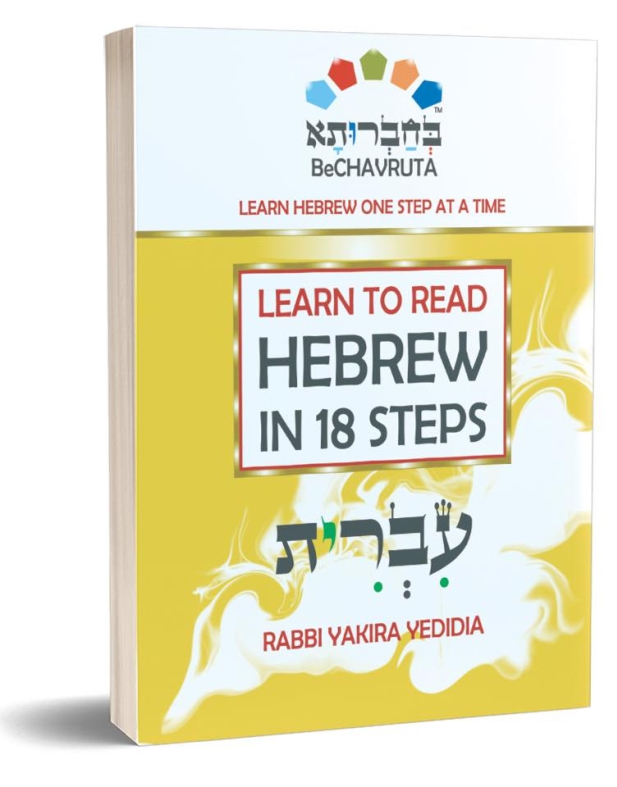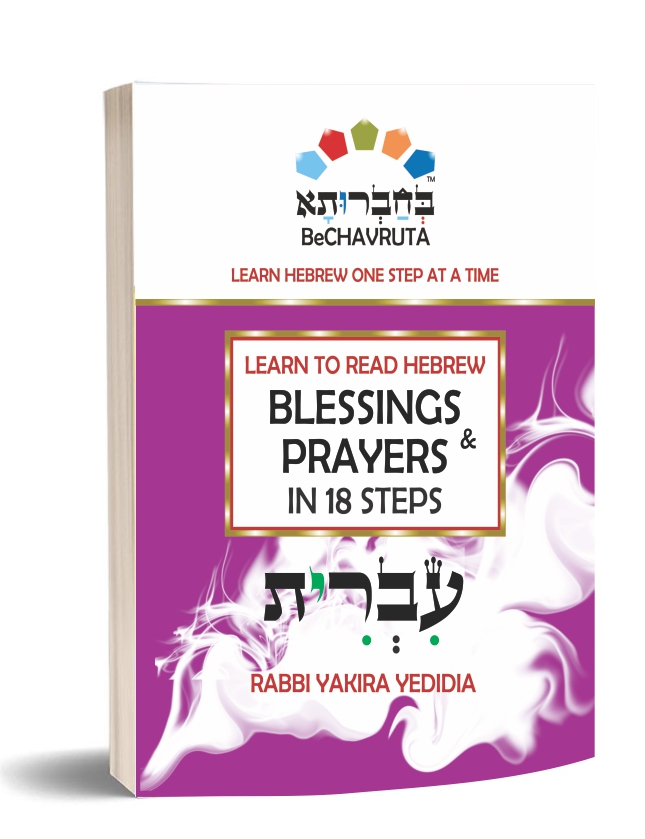In a nutshell
In Parashat Ki Tetze we learn about Seventy-four of the Torah’s 613 commandments (mitzvot), governing civil and domestic life. The commandments includes ordinances regarding a beautiful captive of war, inheritance among the sons of two wives, a rebellious son, burial and dignity of the dead, returning a lost object, kilayim (forbidden plant and animal hybrids), sexual offenses, collecting debt, divorce, the penalty of thirty-nine lashes for transgression of a Torah prohibition, a mamzer (born from an adulterous relationship) who cannot marry a person of Jewish lineage, levirate marriage (יִבּוּם, yibbum) of the wife of a deceased childless brother, and more. Ki Tetze ends with the obligation to remember “what Amalek did to you on the road, on your way out of Egypt.”
One of the many mitzvot in our parashah is to build a maakeh (guard-rail), a fence on one’s roof for safety. In order for the maakeh to be useful, it must stand higher than the roof, the highest point of the house. In addition to the practical meaning of this mitzvah, it also serves as a spiritual guide to one’s own inner feeling of security and safety.
How can you feel more safe?
Feeling safe and being safe are different. You can be safe, but not necessarily feel safe, yet both are equally as important.
Many of us have anxious feeling running through our bodies on a regular basis. Many of us have no real concept of what being safe means. Many of us have not received reassurance from our parents that no matter how horrible your life was going, you would eventually thrive. That sense of hope and faith is essential to one’s feeling safe and secure.
Feeling safe is an inside, as well as an outside job. If you are in an environment that just isn’t right for you, it will be hard to feel safe and comfortable there. Sometimes it’s the right thing to change environments and to look for places where you can be yourself and be seen for who you are. Feeling safe, stable, and secure is central to our health and well-being. How safe we feel at home and in our neighborhood can influence our social habits and feeling of freedom. When we feel safe, we find it easier to relax, do all the things that comfort us, and focus on the work or study we need to do to help ensure our stability.
Feeling wanted and loved for example provides a child with warmth, self-confidence and security.
Feeling safe means waking up in the morning and deeply knowing that you deserve to live in a safe space and have the happiness that it brings.
Many factors can influence your sense of security – whether financial, physical, or in the workplace. Trust, job security, and having supportive friends and family are all strongly linked with well-being.
During the month of Elul, as we’re reflecting on the way we were, the way we are, and the way we would like to be, as a preparation for the coming Day of Judgement, ראש השנה, and Day of Atonement, יום כיפור may we find our way to feel safe and secure in the coming new year. Amen, Ken Yehi Ratzon.

74 Mitzvot in parashat Ki Tetze
| 1. Keep the laws of the captive woman Deut. 21:11 2. Not to sell her into slavery Deut. 21:14 3. Not to retain her for servitude after having sexual relations with her Deut. 21:14 4. Not to be a rebellious son Deut. 21:18 5. The courts must hang those stoned for blasphemy or idolatry Deut. 21:22 6. Bury the executed on the day they are killed Deut. 21:23 7. Not to delay burial overnight Deut. 21:23 8. Return the lost object Deut. 22:1 9. Not to ignore a lost object Deut. 22:3 10. Help others load their beast Deut. 22:4 11. Not to leave others distraught with their burdens (but to help either load or unload) Deut. 22:4 12. Men must not wear women’s clothing Deut. 22:5 13. Women must not wear men’s clothing Deut. 22:5 14. To send away the mother bird before taking its children Deut. 22:6 15. To release the mother bird if she was taken from the nest Deut. 22:7 16. Not to allow pitfalls and obstacles to remain on your property Deut. 22:8 17. Make a guard rail around flat roofs Deut. 22:8 18. Not to eat diverse seeds planted in a vineyard Deut. 22:9 19. Not to plant grains or greens in a vineyard Deut. 22:9 20. Not to work different animals together Deut. 22:10 21. Not to wear shaatnez, a cloth woven of wool and linen Deut. 22:11 22. To marry a wife by means of ketubah and kiddushin Deut. 22:13 23. The slanderer must remain married to his wife Deut. 22:19 24. He must not divorce her Deut. 22:19 25. The courts must carry out the death penalty of stoning Deut. 22:24 26. The court must not punish anybody who was forced to do a crime Deut. 22:26 27. The rapist must marry the maiden (if she chooses) Deut. 22:29 28. He is never allowed to divorce her Deut. 22:29 29. Not to let a eunuch marry into the Jewish people Deut. 23:2 30. A judge who presented an acquittal plea must not present an argument for conviction in capital cases Deut. 23:2 31. Not to let a mamzer (a child born due to an illegal relationship) marry into the Jewish people Deut. 23:3 32. Not to let Moabite and Ammonite males marry into the Jewish people Deut. 23:4 33. Not to offer peace to Ammon and Moab while besieging them Deut. 23:7 34. Not to prevent a third-generation Egyptian convert from marrying into the Jewish people Deut. 23:8-9 35. Not to refrain from marrying a third generation Edomite convert Deut. 23:8-9 36. Impure people must not enter the Temple Mount area Deut. 23:11 37. Prepare latrines outside the camps Deut. 23:13 38. Prepare a shovel for each soldier to dig with Deut. 23:14 39. Not to extradite a slave who fled to (Biblical) Israel Deut. 23:16 40. Not to wrong a slave who has come to Israel for refuge Deut. 23:16 41. Not to have sexual relations with women not thus married Deut. 23:18 42. Not to offer animals bought with the wages of a harlot or the animal exchanged for a dog Deut. 23:19 43. Not to borrow with interest Deut. 23:20 44. Lend to and borrow from idolaters with interest Deut. 23:21 45. Not to withhold payment incurred by any vow Deut. 23:22 46. To fulfill what was uttered and to do what was avowed Deut. 23:24 47. The hired worker may eat from the unharvested crops where he works Deut. 23:25 48. The worker must not take more than he can eat Deut. 23:25 49. The worker must not eat while on hired time Deut. 23:26 50. To issue a divorce by means of a Get document Deut. 24:1 51. A man must not remarry his ex-wife after she has married someone else Deut. 24:4 52. He who has taken a wife, built a new home, or planted a vineyard is given a year to rejoice with his possessions Deut. 24:5 53. Not to demand from the above any involvement, communal or military Deut. 24:5 54. Not to demand as collateral utensils needed for preparing food Deut. 24:6 55. The metzora must not remove his signs of impurity Deut. 24:8 56. The creditor must not forcibly take collateral Deut. 24:10 57. Not to delay its return when needed Deut. 24:12 58. Return the collateral to the debtor when needed Deut. 24:13 59. Pay wages on the day they were earned Deut. 24:15 60. Relatives of the litigants must not testify Deut. 24:16 61. Not to demand collateral from a widow Deut. 24:17 62. A judge must not pervert a case involving a convert or orphan Deut. 24:17 63. To leave the forgotten sheaves in the field Deut. 24:19 64. Not to retrieve them Deut. 24:19 65. The court must not exceed the prescribed number of lashes Deut. 25:3 66. Not to muzzle an ox while plowing Deut. 25:4 67. To perform yibbum (marry the widow of one’s childless brother) Deut. 25:5 68. The widow must not remarry until the ties with her brother-in-law are removed (by halizah) Deut. 25:5 69. To perform halizah (free the widow of one’s childless brother from yibbum) Deut. 25:9 70. Save someone being pursued even by taking the life of the pursuer Deut. 25:12 71. Not to possess inaccurate scales and weights even if they are not for use Deut. 25:13 72. Remember what Amalek did to the Jewish people Deut. 25:17 73. Wipe out the descendants of Amalek Deut. 25:19 74. Not to forget Amalek’s atrocities and ambush on our journey from Egypt in the desert Deut. 25:19 | |
ORDER RABBI YAKIRA NEW BOOK “LEARN TO READ HEBREW IN 18 STEPS”
The 613 Mitzvot
The commandment of the tzitzit. The word tzitzit is related to the root word lehatzitz- to look, therefore a tzitzit is an object at which we look . In addition, the word tzitzit numerical value is 600. The tzitzit has 8 threads and 5 double knots in each corner (8+5=13), thus a tzitzit represents the 613 mitzvot in the Torah.
In The Torah there are 613 commandments, mitzvot, also known as the Law of Moses (תרי״ג מצוות, taryag mitzvot). The 613 mitzvot are first recorded in the 3rd century CE, when Rabbi Simlai mentioned it in a sermon that is recorded in Talmud Makkot 23b.
The 613 commandments include 248 “positive commandments”, to perform an act (mitzvot aseh), and 365 “negative commandments”, to abstain from certain acts (mitzvot lo taaseh). The negative commandments number 365, which coincides with the number of days in the solar year, and the positive commandments number 248, a number ascribed to the number of bones and main organs in the human body.
Though the number 613 is mentioned in the Talmud, its real significance increased in later medieval rabbinic literature, including many works listing or arranged by the mitzvot. The most famous of these was an enumeration of the 613 commandments by Maimonides, The Rambam.
Many of the mitzvot cannot be observed now, following the destruction of the Second Temple, although they still retain religious significance. According to one standard reckoning, there are 77 positive and 194 negative commandments that can be observed today, of which there are 26 commands that apply only within the Land of Israel. Furthermore, there are some time-related commandments from which women are exempt (examples include shofar, sukkah, lulav, tzitzit and tefillin). Some depend on the special status of a person in Judaism (such as kohanim), while others apply only to men or only to women. According to Rambam Organized by Parshah. based on Wikipedia and http://www.vaadrv.org/rambam613mitzvot.asp ONE BIG IMPORTANT NOTE WHEN USING THIS LISTING: This listing is not all inclusive. Rambam may site multiple sources for a mitzvah is his works but this list currently only gives one source for each mitzvah.
WOULD YOU LIKE TO READ HEBREW?
THE BEST TIME TO PLANT A TREE WAS 20 YEARS AGO. THE SECOND BEST TIME IS NOW!
Take your first step, and in as little as 9 hours of BeCHAVRUTA Crash Course Book, you will be able to Read Hebrew Fluently & Accurately like a Pro!
ORDER RABBI YAKIRA NEW BOOK “LEARN TO READ HEBREW IN 18 STEPS”
“Original, fun, and effective, this is a superb way to learn to read Hebrew.“- DENNIS PRAGER
“A clear, lucid and immensely helpful guide to learning Hebrew. Takes the reader by the hand and introduces the holy tongue in living color.“-RABBI DAVID WOLPE
“An instant classic! Rabbi Yakira has written a primer on Hebrew that is both enchanting & colorful. It is sure to capture the interest of students & magically introduce them to the Hebrew language!”-RABBI DR DAVID ELLENSON
The Priestly Blessing
Check out YedidYah “The Priestly Blessing” Birkat Hakohanim. Music by Rabbi Yakira Yedidia https://youtu.be/YNE11QdEMN0
יְבָרֶכְךָ יהוה, וְיִשְׁמְרֶךָ- May the LORD bless you and guard you
יָאֵר יהוה פָּנָיו אֵלֶיךָ, וִיחֻנֶּךָּ -May the LORD make His face shed light upon you and be gracious unto you
יִשָּׂא יהוה פָּנָיו אֵלֶיךָ, וְיָשֵׂם לְךָ שָׁלוֹם- May the LORD lift up His face unto you and give you peace
Yevarechecha Adonai, V’Yishmerecha
Ya’er Adonai Panav Eleycha, ViChoneka
Yisa Adonai Panav Eleycha, V’Yasem Lecha Shalom
(Number 6:24-26).
Check out YedidYah “The Priestly Blessing” Birkat Hakohanim. Music by Rabbi Yakira Yedidia https://youtu.be/YNE11QdEMN0
Check out YedidYah Psalm 96 “Yiram Hayam” Music by Rabbi Yakira Yedidia https://youtu.be/aTBD4i9nvXw

This blog article was inspired by chabbad.org, Sefaria.org, Wikipedia.org,



